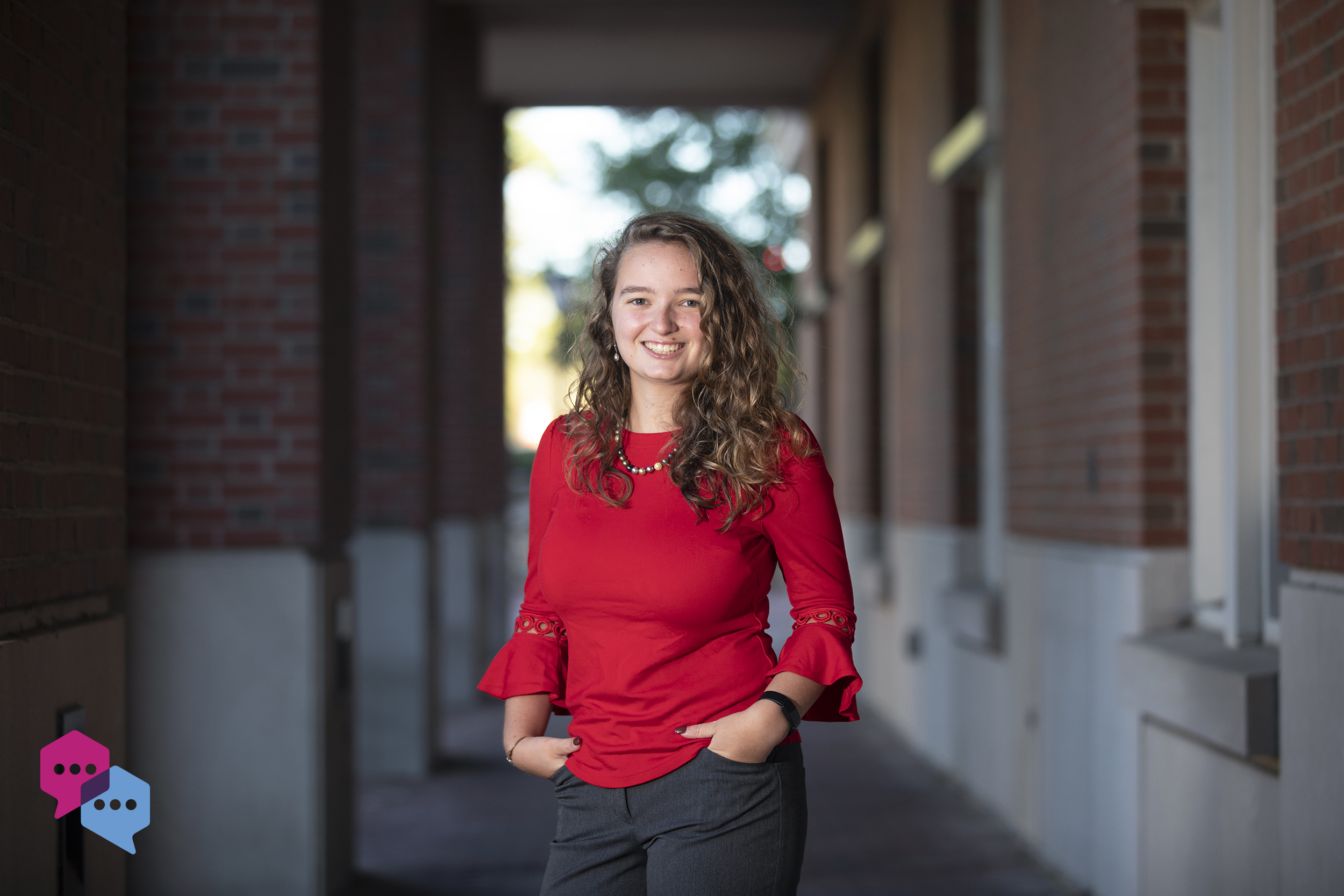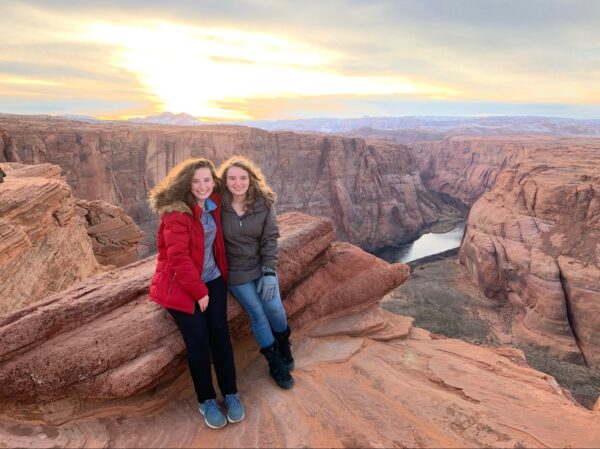Q: When you were a child, what was your response to this question: “What do you want to be when you grow up?”
A: I was not entirely sure what field I wanted to pursue, but I was certain I would become a scientist. Science fascinated me because it helped explain the world around me, from unraveling natural phenomena to helping people.
Q: Share the pivotal moment in your life that helped you choose your field of study.
A: When I was 6 years old, I was so captivated by the Ellora Caves in India that I forgot to watch where I was going. With one misstep, a rusty nail easily punctured my bright orange Croc and dug into my foot. There was no trip to a hospital because it was difficult for foreigners to obtain safe medical care. After careful analysis of the options, the nail was yanked out of my foot, and the wound was sterilized and bandaged on-site.
A decade later in Urubamba, Peru, while walking back to our hotel, my mom was attacked by a stray dog. The region had suffered from a Rabies outbreak a few years prior, and the dog had no record of vaccination. Despite Rabies being 100 percent fatal once symptoms are present, our guide urged my mom to forgo treatment because most clinics did not stock the Rabies vaccine.
These two experiences opened my eyes to healthcare disparities across the globe, and I have been passionate about improving access ever since.
Q: Tell us about a time you encountered a tricky problem. How did you handle it and what did you learn from it?
A: One of the most common problems I face is data quality. Frequently, datasets are incomplete or missing altogether. Recently, I encountered challenges with cleaning a dataset that had drug names misspelled, duplicate entries, and incorrect codes. After trying everything I could think of, I reached out to an expert for guidance. We worked through the issues together, and I learned a great deal. I am now more prepared to tackle data quality in the future, and I would not hesitate to ask for mentorship.
Q: Describe your research in 5 words.
A: Data-driven access to quality medicines.
Q: What are your passions outside of research?
A: Traveling, watching sports, spending time with my friends and family, and walking and playing with my dog. Traveling gives me the opportunity to see new places and meet people with different backgrounds and perspectives. I think it’s important to have hobbies outside of research because they allow me to decompress. Relaxing renews my energy.



